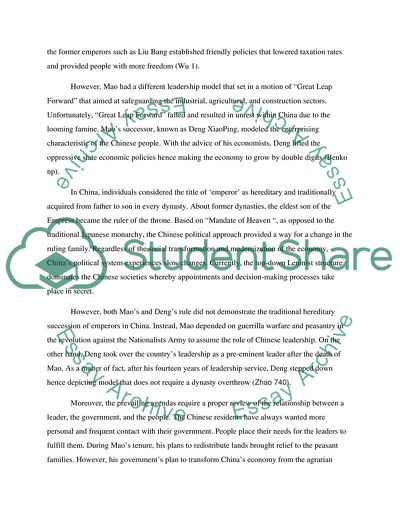Cite this document
(“Mao and Dynastic History Essay Example | Topics and Well Written Essays - 750 words”, n.d.)
Mao and Dynastic History Essay Example | Topics and Well Written Essays - 750 words. Retrieved from https://studentshare.org/history/1701215-mao-and-dynastic-history
Mao and Dynastic History Essay Example | Topics and Well Written Essays - 750 words. Retrieved from https://studentshare.org/history/1701215-mao-and-dynastic-history
(Mao and Dynastic History Essay Example | Topics and Well Written Essays - 750 Words)
Mao and Dynastic History Essay Example | Topics and Well Written Essays - 750 Words. https://studentshare.org/history/1701215-mao-and-dynastic-history.
Mao and Dynastic History Essay Example | Topics and Well Written Essays - 750 Words. https://studentshare.org/history/1701215-mao-and-dynastic-history.
“Mao and Dynastic History Essay Example | Topics and Well Written Essays - 750 Words”, n.d. https://studentshare.org/history/1701215-mao-and-dynastic-history.


